What Does Organic Food Mean & Is It Worth It
By Nell Jones - daughter, writer, graduate, and professional
The great thing about most grocery stores today is the array of options. You can choose from at least ten different kinds of chickens and eggs.
One of these choices is whether or not to choose the organic option. To some people, organic products seem to be the current trend, and to others, it seems to be the only option or no option at all.
You might find people who will only shop at Whole Foods and others who avoid grocery stores like Whole Foods at all costs (or because of them!). So, what is organic, and how important or unimportant is it to our diet?
Sometimes I get looped into choosing the organic option over the others just because it seems healthier and better for me, but why? What does the label organic actually mean?
Organic describes the farm where the food is grown. To be labeled as “organic,” the food must be grown on a farm that does not use fertilizers, pesticides made with synthetic ingredients, or any kind of bio-engineering in the growing process.
Similarly, organic poultry, meat, eggs, and dairy come from animals without any antibiotics or growth hormones and must be organically fed with access to the outdoors. The food is labeled as a percentage organic by government regulators.
Something can be considered organic if the ingredients themselves are over 95% organic. While these government agencies establish strict rules about what can and cannot be labeled organic, they do not confirm that there are any health benefits to buying and eating organic.
So why are so many Americans spending the extra dollars to purchase organic food?
Is Organic Food Better For You?
There has been a lot of research done to see if organically grown food has more health benefits than conventionally grown food; however, few conclusions have been reached so far. Health-wise, I think it is a question of short-term versus long-term.
If you eat an organically grown apple and compare it to a conventionally grown apple, you will not notice a difference that day. However, some studies have shown that organically grown foods have more antioxidants, so if you keep eating organically grown apples, you may get sick less frequently.
Taste-wise, organically grown produce is going to taste better because the lack of preservatives requires the food to be fresher and grown more locally. However, buying and eating organically is a privilege that not everyone has due to the high prices.
So when is it really important to eat organically?
One worry about conventionally grown foods is the pesticides used to grow the produce. People argue that these pesticides are linked with birth defects and even cancer.
While researchers have stated that conventional produce sold has levels that are safe for healthy adults, pregnant women might want to spend the extra money on organic produce. With meats and dairy products, organic seems to always be the better choice.
Ethically, the animals are treated a lot better when raised organically. Looking at it from a health perspective, most conventionally raised animals are given antibiotics similar to those given to humans.
Today, we are seeing a lot of antibiotic resistance in the population, which makes it harder for us to fight simple infections. Buying organic meat, poultry, eggs, and dairy may help slow down this antibiotic resistance in your body.
Environmental Reasons
One of the most important aspects of buying organic is the environmental aspect. I am making as many small changes as possible to lower my carbon footprint and help the global warming issue.
One way I can help is by buying organically and locally grown products. As I mentioned before, organically grown food does not use pesticides like conventionally grown food, and it is more likely to come from local, smaller farms.
This decreases transportation pollution. Similarly, organically grown produce does not use pesticides and artificial fertilizers, so there is no chemical water contamination from the soil. Organically grown food also supports biodiversity and keeps the ecosystems balanced.
That said, it is hard to categorize conventional and organic food into two distinct groups because not all conventional food is grown the same, and not all organic food is grown the same. If this is important to you, then to really be sure, it is best to understand where your produce is coming from and how it is being grown.


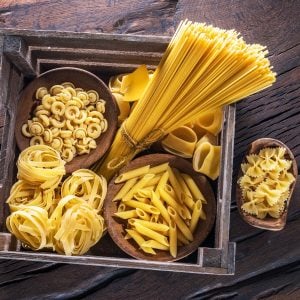
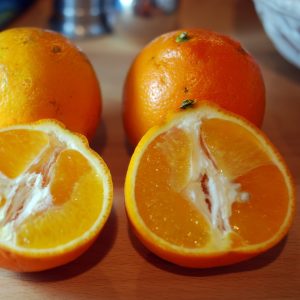
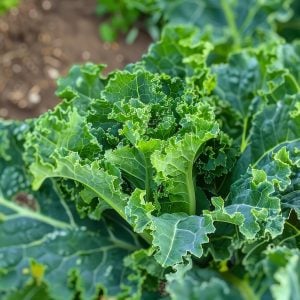
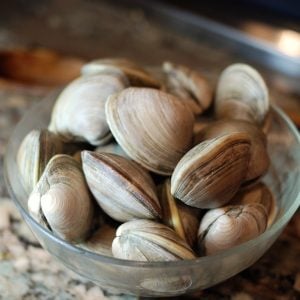
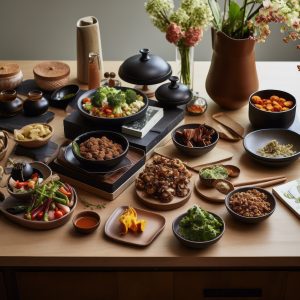




5 Responses
Thanks Nell for a great article.
Hey Nell, This is a very nice article. And I totally agree with you. As you told about Organic food is way much better than inorganic food. And I found some really informative stuff in your article. Thank you for the great post.
I like how you said that organic food is better for the environment. My friend is a lover of nature, and she wants to go out to eat soon. I need to find a restaurant that serves organic food.
The post you published here about organic food is really wonderful. It is very useful for all of us. Thanks for sharing this post with us.
Hello, I enjoyed reading your article and feel I learned something. Also, this issue of antibiotic resistance has been a worry of mine for many years now, so I’m always glad to see someone addressing the problem.
I do have one small thing that, as a fellow writer, I wanted to mention. The article ended so abruptly that I was looking for the conclusion. But other than that small thing, I think your article was well written and enjoyable to read.